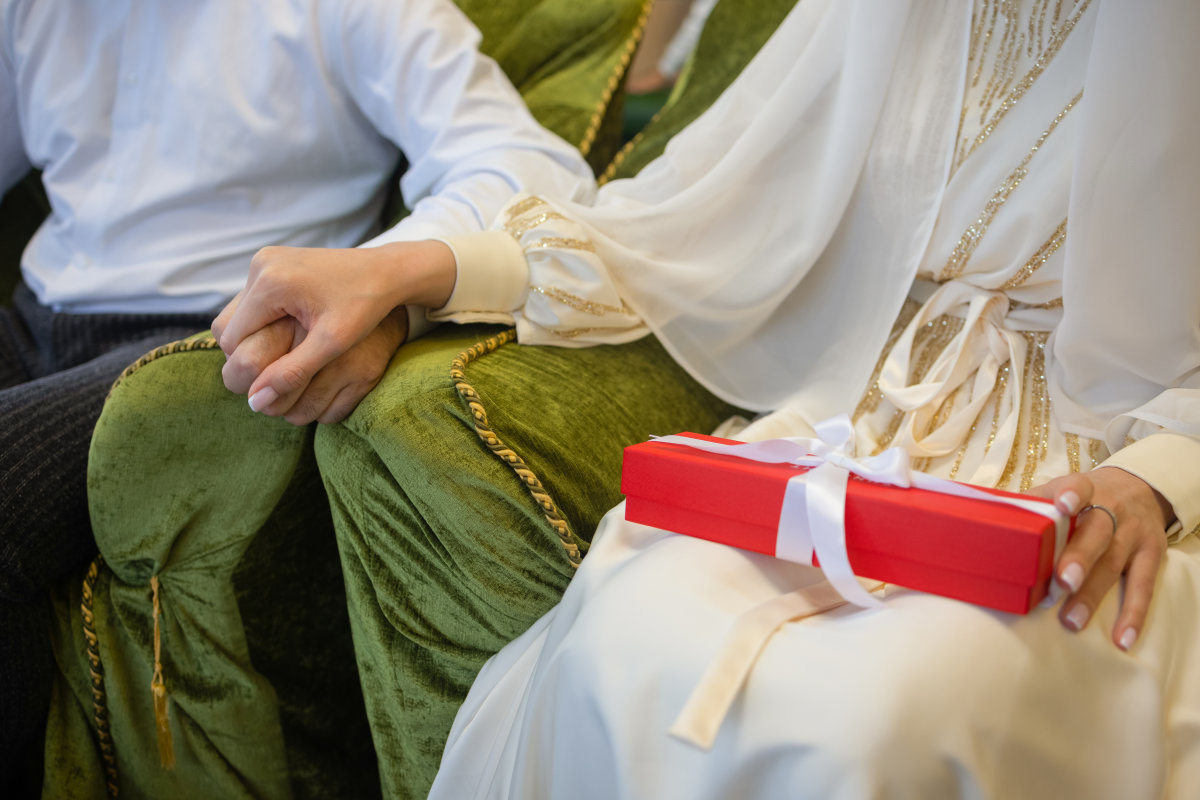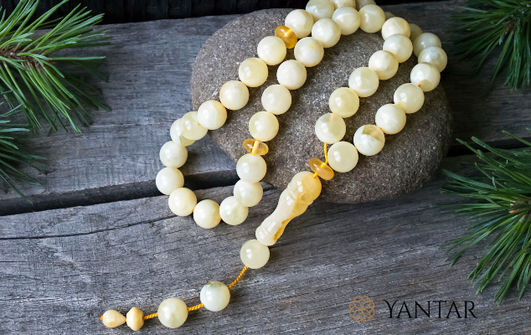
In Islam, the act of giving gifts holds a special place, serving as a means of strengthening bonds, expressing love, and fostering community. The tradition of gift-giving is deeply rooted in the teachings of the Quran and the Hadith, where it is seen as an act of kindness and a way to earn Allah's pleasure. Here are five meaningful ways of giving gifts in Islam, emphasizing the spiritual and social benefits of this noble practice.
1. Giving with Sincerity and Love
In Islam, the intention behind giving a gift is paramount. Gifts should be given with sincerity and love, without any expectation of return or recognition. This concept is rooted in the Quranic verse:
"And whatever you spend in good, it will be repaid to you in full, and you will not be wronged." (Quran 2:272)
The Prophet Muhammad (peace be upon him) emphasized the importance of sincerity in gift-giving. He said:
"Give gifts, for they strengthen love and remove resentment." (Al-Adab Al-Mufrad 594)
By giving gifts with a pure heart, one can foster genuine affection and strengthen relationships, whether they are with family, friends, or neighbors. The act of giving itself becomes a source of joy and fulfillment.

2. Giving to the Needy
Islam places a strong emphasis on helping those in need. One of the most virtuous forms of gift-giving is to offer support to the less fortunate. The Quran encourages Muslims to share their blessings with others:
"And spend in the way of Allah and do not throw yourselves with your own hands into destruction by refraining. And do good; indeed, Allah loves the doers of good." (Quran 2:195)
The Prophet Muhammad (peace be upon him) also highlighted the importance of charity and support for the needy:
"The best charity is to satisfy a hungry person." (Bukhari)
Whether it is providing food, clothing, or financial assistance, giving to those in need is a powerful way to practice compassion and generosity in accordance with Islamic principles.\

3. Exchanging Gifts on Special Occasions
Special occasions such as Eid, weddings, and birthdays provide an excellent opportunity for Muslims to exchange gifts and celebrate together. The act of giving gifts on these occasions helps to reinforce social ties and spread joy among the community. The Prophet Muhammad (peace be upon him) said:
"Exchange gifts, as that will lead to increasing your love to one another." (Al-Adab Al-Mufrad 594)
During Eid, it is customary to give gifts, especially to children, as a way of sharing the happiness and blessings of the festive season. This tradition not only brings joy but also fosters a sense of unity and belonging within the community.

4. Giving Knowledge and Wisdom
One of the most valuable gifts a person can give is the gift of knowledge and wisdom. In Islam, seeking and sharing knowledge is highly encouraged, as it benefits both the giver and the receiver. The Prophet Muhammad (peace be upon him) said:
"The best of you are those who learn the Quran and teach it." (Bukhari)
By sharing knowledge, whether it is religious, academic, or practical, one can empower others and contribute to the betterment of society. This form of gift-giving is enduring and has a lasting impact, as it helps individuals grow and thrive in various aspects of life.
5. Acts of Service and Kindness
In addition to material gifts, acts of service and kindness are highly valued in Islam. Helping others through actions such as volunteering, offering assistance, or simply being kind and supportive can be considered gifts in their own right. The Prophet Muhammad (peace be upon him) said:
"Every act of kindness is charity." (Bukhari and Muslim)
By performing acts of service, Muslims can demonstrate their commitment to the teachings of Islam and make a positive difference in the lives of others. These acts of kindness, whether big or small, contribute to creating a compassionate and caring society.
Gift-giving in Islam is a beautiful practice that goes beyond material exchange. It is a means of expressing love, compassion, and solidarity, and it is deeply rooted in the teachings of the Quran and the Hadith. By giving with sincerity, supporting the needy, celebrating special occasions, sharing knowledge, and performing acts of service, Muslims can fulfill the spiritual and social dimensions of this noble tradition. In doing so, they not only earn Allah's pleasure but also contribute to building a harmonious and loving community.
FAQ Section on Giving Gifts in Islam
Q1: What types of gifts are recommended in Islam?
A: Islam does not prescribe specific types of gifts but encourages those that are thoughtful and beneficial. Recommended gifts can include:
- Books or educational materials: Promoting knowledge and learning.
- Islamic amber rosaries: A spiritual gift used in prayer.
- Clothing: Especially for those in need.
- Food: Sharing meals or providing for those who are hungry.
- Handmade items: Personal and meaningful gestures.
- Amber paintings: Unique and beautiful pieces of art.
- Souvenirs: Meaningful mementos that remind recipients of special times or places.
- Unique jewelry: Thoughtful and personal adornments.
The focus should be on the thought and intention behind the gift rather than its monetary value.
 |
 |
 |
Q2: Is it permissible to give expensive gifts in Islam?
A: Yes, it is permissible to give expensive gifts as long as it is done with the right intention and does not lead to extravagance or financial hardship. The key is to give within one's means and with a pure heart.
Q3: Can non-Muslims give and receive gifts from Muslims?
A: Yes, Islam encourages good relations with people of all faiths, and giving and receiving gifts is a way to foster friendship and understanding. The Prophet Muhammad (peace be upon him) accepted gifts from non-Muslims and gave gifts to them as well.
Q4: Are there any specific etiquettes to follow when giving gifts in Islam?
A: While there are no strict rules, it is recommended to give gifts privately to avoid showing off, to give with a smile and kind words, and to be mindful of the recipient's preferences and needs. It is also good to reciprocate when receiving a gift, if possible.
Q5: What is the significance of giving gifts during Eid?
A: Giving gifts during Eid, especially to children, is a way to celebrate the festive occasion, share joy, and strengthen family and community bonds. It is a tradition that reflects the spirit of generosity and unity in Islam.
By addressing these common questions, we hope to provide a clearer understanding of the beautiful practice of gift-giving in Islam and encourage its meaningful application in daily life.




 Jewelry
Jewelry Silver amber jewelry
Silver amber jewelry Amber pictures
Amber pictures Souvenirs
Souvenirs